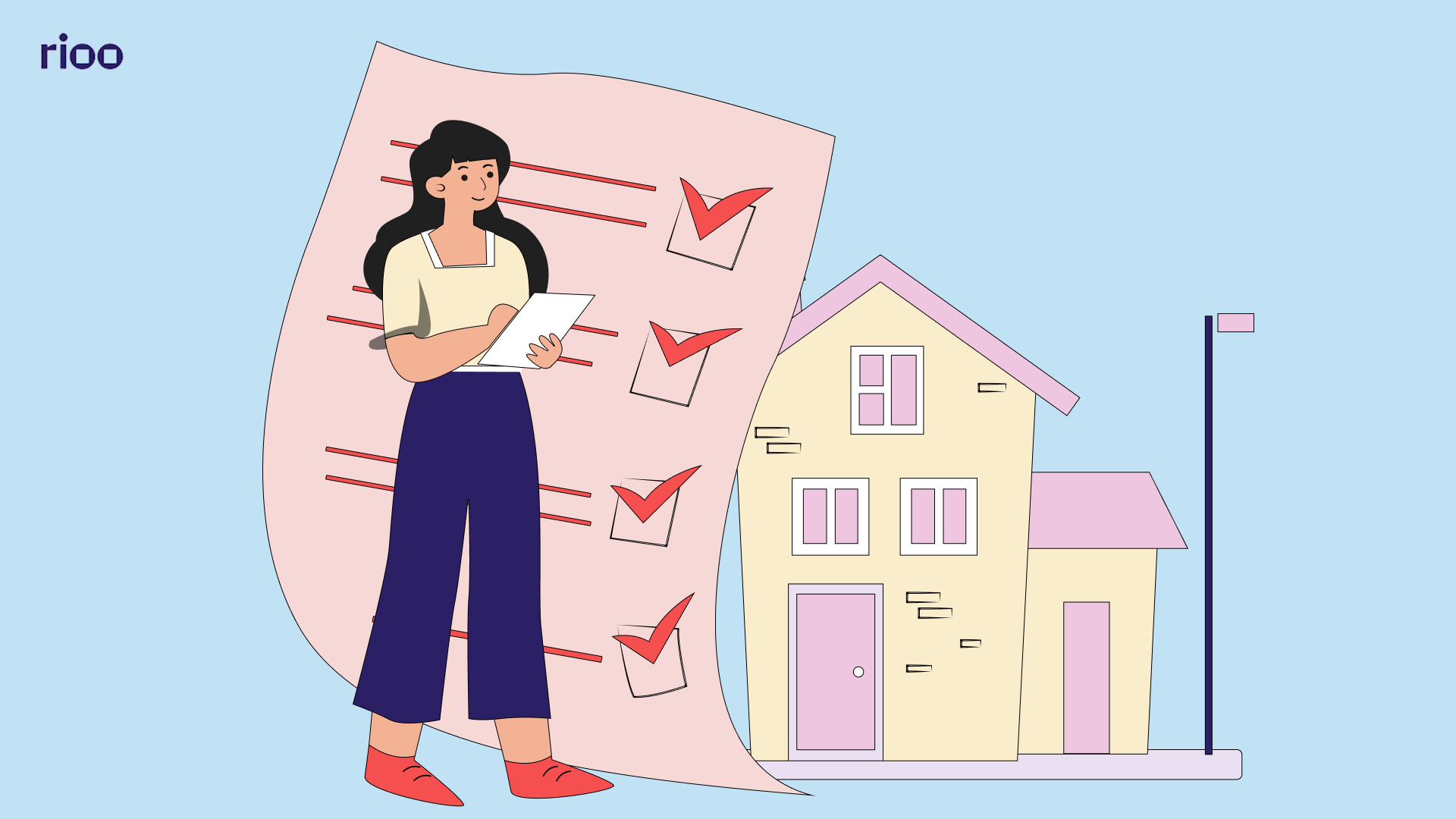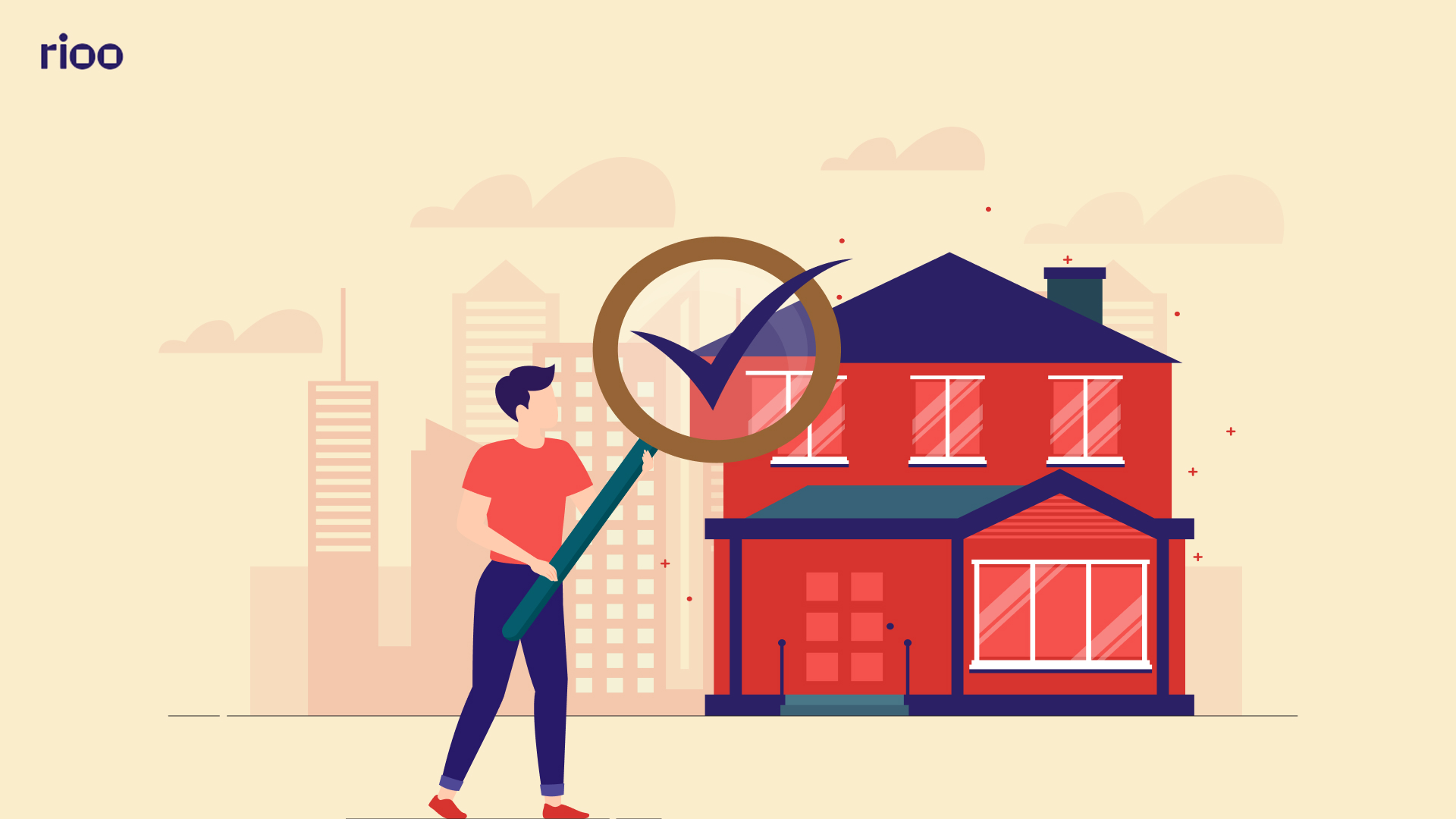Property management involves overseeing rental properties, handling tenant relations, coordinating maintenance, and ensuring compliance with local laws, but do you need a real estate license for property management?
The answer depends on where you operate. Licensing rules vary significantly, with some states and provinces requiring a license for core activities like leasing and rent collection, while others have exemptions.
Understanding these requirements is crucial for legal compliance, protecting your business, and maintaining credibility with property owners and tenants. In this guide, we’ll break down the key differences so you can operate with confidence.
Property Management Licensing in the United States
In the United States, the property management license depends on two key factors:
-
What tasks the property manager will perform
-
Which state the property is located in
Here’s what you need to know.
General Rule: Most States Require a Real Estate License for Core PM Tasks
In the majority of U.S. states, property managers who handle leasing, rent collection, or tenant relations must hold an active real estate license.
This is because these activities are legally considered real estate brokerage services, meaning they involve negotiating or managing interests in real property.
Key activities that typically require a license:
-
Showing & leasing properties (marketing vacancies, conducting tours)
-
Negotiating lease terms (rent prices, security deposits, lease clauses)
-
Collecting rent (processing payments, enforcing late fees)
-
Managing tenant relationships (handling complaints, lease violations)
State real estate commissions regulate these activities to protect consumers from fraud or mismanagement.
Exceptions: When You Don’t Need a License
Some states allow limited property management duties without a license, such as:
-
Maintenance coordination, like scheduling repairs and supervising contractors
-
Administrative tasks like bookkeeping, lease filing, etc.
-
On-site resident managers (if they don’t negotiate leases)
State-by-State Breakdown
Licensing rules vary widely. Here’s a quick breakdown:
States Where a Real Estate License is Typically Required
(For leasing, rent collection, or full management)
-
California: Must be a licensed salesperson or broker.
-
Florida: Requires a real estate license for most PM activities.
-
Texas: Leasing and rent collection require a license.
States Where a License May Not Be Required
(For limited roles or owner-managed properties)
-
Idaho: No license needed if you only manage properties you own.
-
Vermont: Some PM tasks (like maintenance) don’t require licensing.
Special Cases: PM-Specific Licenses
-
Oregon: Requires a Property Manager License (separate from a real estate license).
-
Nevada: Must work under a licensed broker or hold a PM permit.
Why Licensing Matters
Operating without a required license can lead to:
-
Voided contracts (tenant leases or management agreements may become unenforceable.
-
Limited legal recourse (you may not be able to sue for unpaid fees in court).
Exception: If you’re an owner managing your own properties, most states exempt you from licensing.
How to Get Licensed (If Required)
If your state mandates a license, here’s the general process:
-
Complete pre-licensing courses (hours vary by state).
-
Pass the state real estate exam.
-
Work under a broker (some states require this for new licensees).
-
Renew periodically (continuing education is usually required).
Pro Tip: Some states (like Georgia) offer a "Property Manager" license category, check if yours does too!
Managing properties across multiple states? RIOO helps track local licensing rules so you never miss a requirement. [Learn more].
Next Up: We'll cover Canada's property management licensing rules, which are where provinces like Ontario and BC have their own unique systems.
Property Management Licensing in Canada: What You Need to Know
Unlike the U.S., Canada has no nationwide licensing standard. Instead, each province sets its own rules.
Here’s what you need to know:
Provincial Regulations: No Federal Standard
Canada’s property management licensing is decentralized, meaning requirements vary significantly by province. Some provinces treat property managers like real estate agents, requiring formal licensing, while others have looser regulations.
License Required (Strict Regulations)
-
Ontario: Property managers who lease or collect rent must hold a real estate license under the Real Estate and Business Brokers Act (REBBA) and register with the Real Estate Council of Ontario (RECO).
-
British Columbia: The Real Estate Services Act requires property managers to be licensed under the BC Financial Services Authority (BCFSA) if they handle leasing, rent collection, or tenant relations.
-
Quebec: While not a full real estate license, property managers must register with the Organisme d’autoréglementation du courtage immobilier du Québec (OACIQ) if involved in leasing.
Also read: The Role of Tenant Feedback in Creating Superior Property Management Services
No License Needed (Lighter Regulations)
-
Alberta: No license is required for basic property management tasks (maintenance, rent collection). However, leasing or negotiating contracts requires a real estate license.
-
Manitoba & Saskatchewan: No specific license for property management, but leasing activities may require working under a licensed broker.
Reciprocity: Limited Recognition Between Provinces
Unlike U.S. states, Canadian provinces do not automatically recognize licenses from other regions. If you move from Ontario to B.C., for example, you’ll likely need to:
-
Complete new coursework.
-
Pass the provincial exam.
-
Apply for a license in the new province.
Exception: Some provinces have mutual agreements for experienced professionals (e.g., Alberta and B.C. may fast-track certain qualifications).
Professional Designations: Optional but Valuable
While not mandatory, certifications can boost credibility and career opportunities:
-
RCM (Registered in Condominium Management): For condo managers (required in Ontario for certain roles).
-
CPM (Certified Property Manager): A prestigious international designation offered by IREM.
-
ARM (Accredited Residential Manager): Focuses on residential property management.
Obtaining designations like RCM, CPM, and ARM enhances career opportunities by demonstrating specialized knowledge and commitment to the profession. These designations require exams, experience, and ongoing education, but they help you stand out in competitive markets.
When You Might Not Need a Real Estate License for Property Management
While most states and provinces require a real estate license for property management if you’re handling leases, rent collection, or tenant relations, there are key exceptions. Here’s when you may not need one:
1. Owner-Managing Your Own Properties
-
Exemption Rule: If you own the property and manage it yourself (without representing others), you typically don’t need a license.
-
Limitations:
-
Applies only to your own portfolio (e.g., a landlord managing their rental duplex).
-
Hiring a third-party leasing agent? They’ll likely need a license.
-
2. Third-Party Vendors (Maintenance, Accounting, etc.)
-
Allowed Without License: Contractors, accountants, or cleaners performing non-agent duties.
-
Key Boundary: They cannot negotiate leases, sign rental agreements, or handle security deposits.
3. Assistant Roles (Working Under a Licensed Broker)
-
Permitted Tasks: Administrative work (scheduling viewings, posting listings) under a supervising broker.
-
Restrictions: Assistants cannot sign contracts, set rents, or finalize leases without their own license.
Also Read: Turning Units into Communities: How Property Management Platforms Foster Better Tenant Engagement
Risks of Operating Without a License (If Required)
Skipping licensing in regulated areas isn’t just risky, it can torpedo your business. Here’s what’s at stake:
1. Voided Management Agreements
-
Contract Risks: Courts may void your PM contracts, leaving you unpaid, or sued for refunds.
2. Limited Access to Courts
-
Eviction Barriers: Some states (like Georgia) bar unlicensed PMs from filing evictions.
-
Lease Enforcement: Landlords may need to step in to enforce agreements.
Key Takeaway:
When in doubt, check your local laws or work under a licensed broker. The cost of compliance is far lower than the cost of violations.
How to Get a Real Estate License for Property Management (US & Canada)
US Process
-
Pre-Licensing Courses (60–120 hours, varies by state)
-
Topics: Contracts, ethics, property laws.
-
Example: Texas requires 180 hours for sales agent licensure.
-
-
Pass the State Exam
-
National + state-specific sections.
-
-
Broker Sponsorship (In Some States)
-
New agents often need a supervising broker.
-
-
Ongoing Education
-
Renewal every 2–4 years (e.g., 12 hours/year in California).
-
Canada Process
-
Provincial Coursework
-
Example: Ontario’s RECO program ( 3–6 months).
-
-
Exams & Licensing Fees
-
Example: BC’s exam + annual license renewal.
-
-
Continuing Education
-
Example: Alberta requires 15 hours/year.
-
Managing properties without the licensing hassle? RIOO’s software automates tasks like tenant screening and maintenance tracking, so you focus on growth.
Final Thoughts
In most U.S. states and Canadian provinces, you do need a real estate license for property management if you’re handling core tasks like leasing, rent collection, or tenant negotiations.
Operating without a required license risks fines, voided contracts, and legal headaches, so always verify local regulations. For aspiring PMs, getting licensed opens doors to more opportunities and professional credibility.
Also, Tools like RIOO streamline property management tasks, from tenant screening to maintenance tracking, so you can focus on growth, not paperwork.
Try RIOO today and experience the future of stress-free property management!















